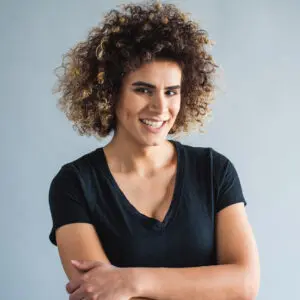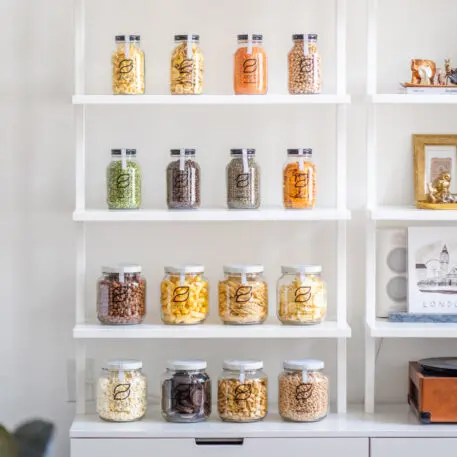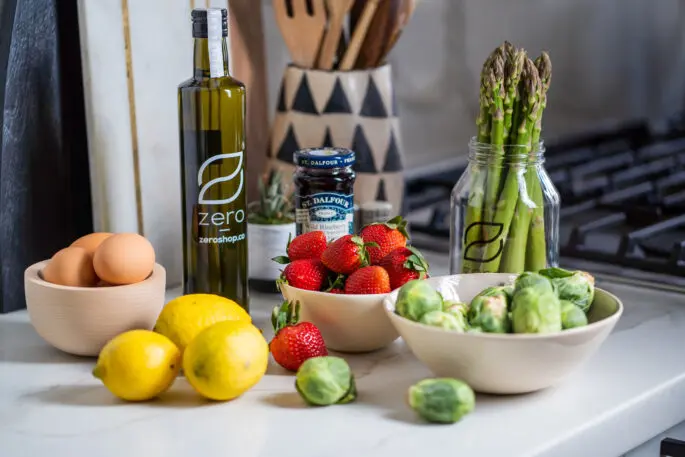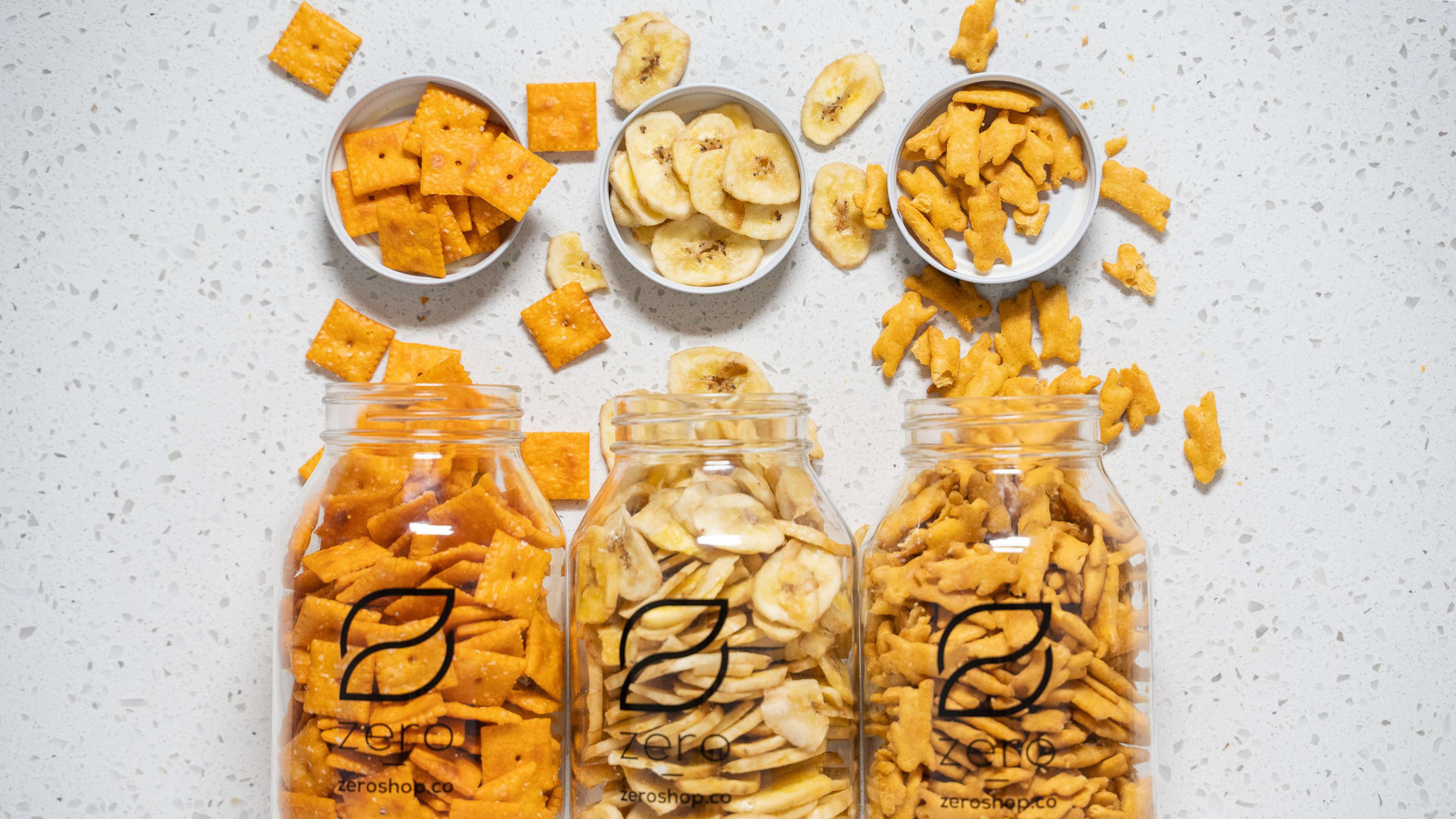If you order groceries from the Bay Area startup Zero Grocery, the food shows up in packages that the company wants back. Common brands, such as Honey Bunches of Oats cereal or Kettle potato chips, come in glass jars. Baby spinach comes in glass jars. Yogurt and milk come in glass jars. When the containers are empty, you leave them outside your door (along with any ice packs) for a delivery person to pick up when your next order arrives, like a modern version of a milkman.

The company started by buying food from manufacturers in bulk packaging meant for large orders by hotels or airlines, and then repacking the food into reusable containers. Now, Strasner says, they’re also beginning to work with some manufacturers that use plastic-free packaging when the food is first packed. “The first thing that we realized was the existing supply chain doesn’t work,” she says. “We can’t just have something that starts its life in a glass jar at the beginning of the supply chain and just moves through the traditional supply chain. So we’ve had to both build the supply chain and build the supporting infrastructure and technology to enable all of this to happen.”


Zero-waste or plastic-free grocery stores are becoming increasingly common, and it’s likely that more delivery services will follow. In Brooklyn, the startup Wally Shop also offers zero-waste delivery. Loop, a platform working with large brands, is helping manufacturers test new reusable packaging. While some products are more challenging to package without plastic than others, Strasner says that it’s essentially possible to offer any product this way.
“There really isn’t anything that we cannot provide,” she says. “Plastic is a new phenomenon, and certainly from before the 1960s, it was commonplace for nearly all items to not come in plastic. So we’re just kind of returning back to some traditional packing procedures and packing our products combined with the technologies that we have underpinning them.”
Recognize your brand’s excellence by applying to this year’s Brands That Matter Awards before the early-rate deadline, May 3.
